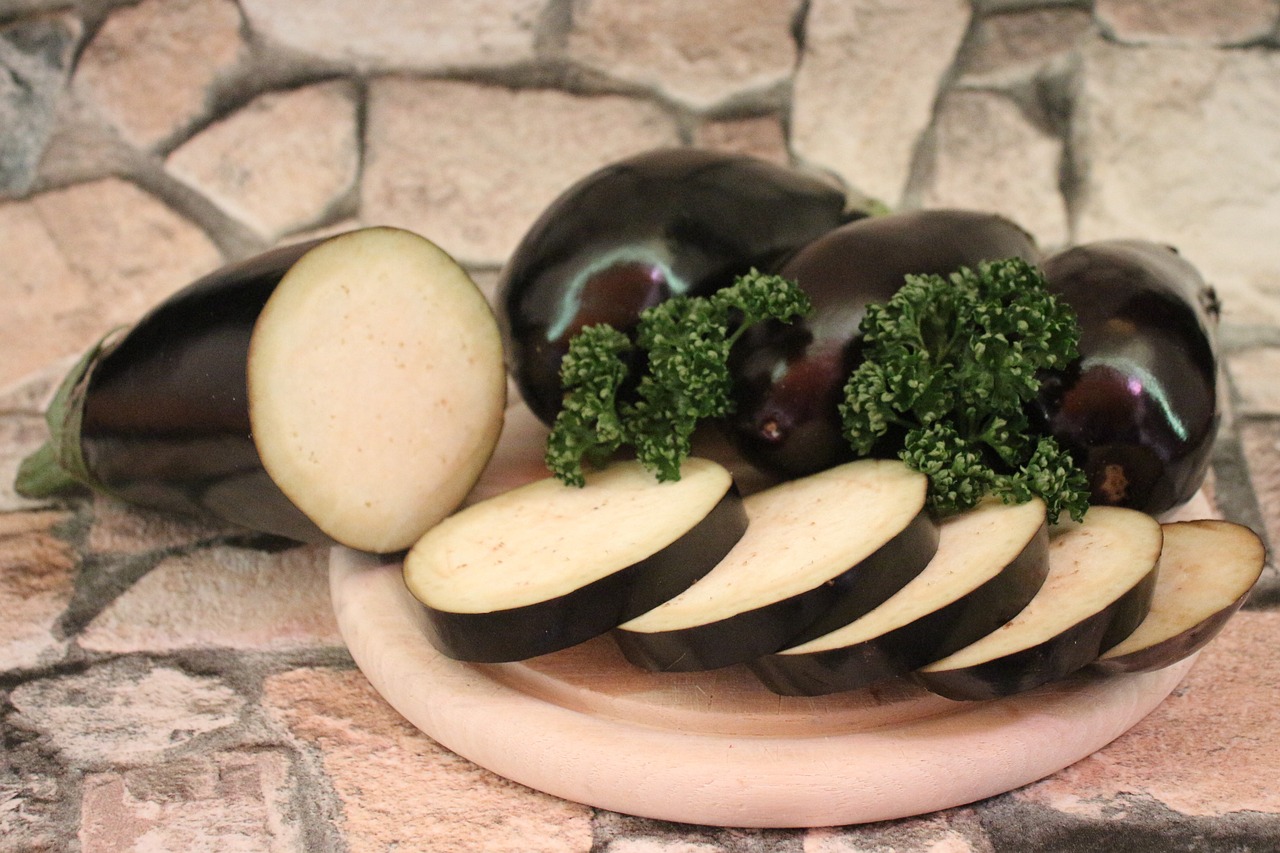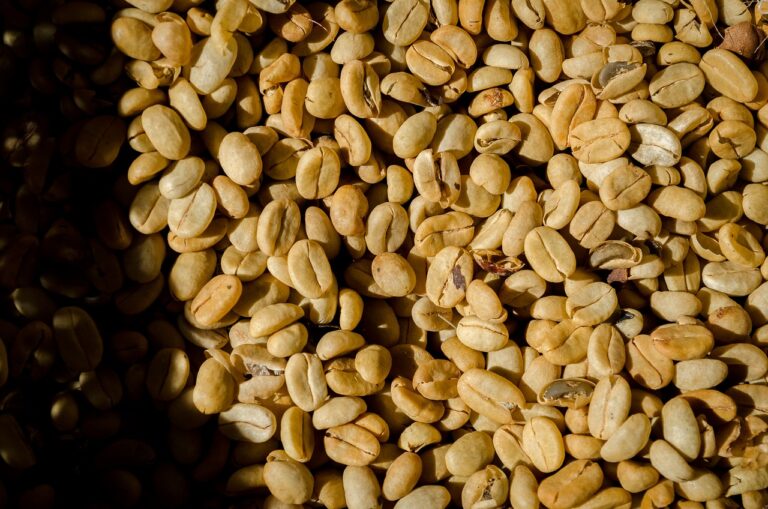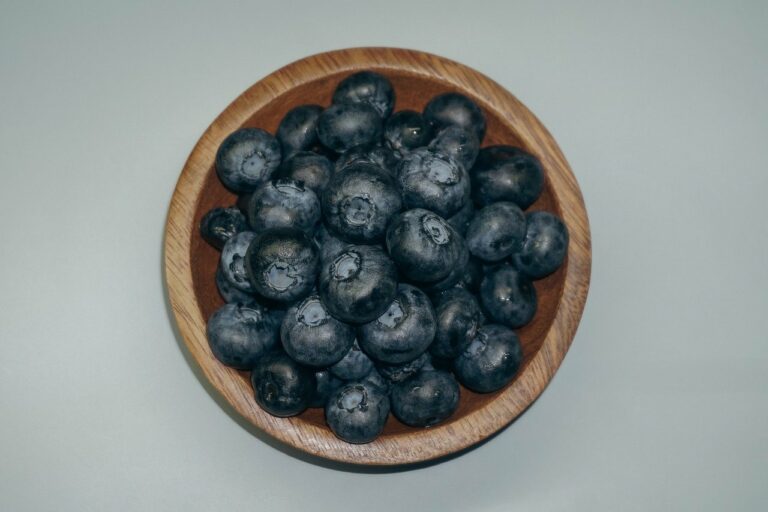The Influence of Cultural Rituals on Fragrance Application
bet bhai 9, playexch9 com login, lotus365win: Have you ever wondered why we apply fragrance in a certain way or during specific occasions? Cultural rituals play a significant role in shaping our practices and beliefs around fragrance application. From the way we choose our scents to the timing of when we wear them, cultural rituals influence our olfactory experiences in more ways than we realize.
In many cultures, fragrance application is not just about smelling good; it is a way to connect with our heritage, express our individuality, and honor traditions. Let’s take a closer look at how cultural rituals impact the way we use and appreciate fragrances.
The Significance of Fragrance in Culture
Fragrance has always held a special place in various cultures around the world. From ancient spiritual practices to modern-day customs, scents have been used to evoke emotions, promote well-being, and even communicate social status. In many cultures, the act of applying fragrance is considered a form of self-care and a way to enhance one’s personal presence.
In some societies, specific scents are associated with particular occasions or rituals. For example, the use of incense in religious ceremonies is common in many cultures, symbolizing purification, protection, and connection to the divine. In other cases, fragrances are used to mark milestones such as weddings, births, or funerals, adding a sensory element to the significance of these events.
Cultural Rituals and Fragrance Application
The way we apply fragrance is often deeply rooted in cultural traditions and practices. In some cultures, certain scents are reserved for special occasions or specific times of the year. For example, in India, it is common to wear floral and spicy scents during festivals and celebrations, while more subtle, earthy fragrances are preferred for everyday wear.
Similarly, the method of applying fragrance can vary from culture to culture. In some societies, dabbing perfume on specific pulse points such as the wrists, neck, and behind the ears is considered the most effective way to make the scent last longer. In contrast, others may prefer to spray fragrance in the air and walk through it, believing that this method allows the scent to settle more naturally on the skin.
The Influence of Cultural Beliefs on Fragrance Selection
Cultural beliefs and superstitions also play a role in how we choose and use fragrances. In some cultures, certain scents are believed to have healing properties or to ward off evil spirits. For example, the use of lavender and rosemary in aromatherapy is thought to promote relaxation and reduce stress in Western cultures, while sandalwood and frankincense are used in Eastern cultures for their spiritual and grounding qualities.
In addition, cultural norms around gender and fragrance can impact the types of scents that are considered appropriate for men and women. While floral and fruity fragrances are often marketed towards women in Western societies, musky and woody scents are more commonly associated with men. However, these gendered distinctions are not always rigid, and many people are breaking free from traditional norms to wear scents that reflect their personal preferences rather than societal expectations.
The Evolution of Cultural Rituals and Fragrance
As globalisation continues to blur cultural boundaries, the way we perceive and use fragrance is evolving. Traditional practices are being reinterpreted and integrated into modern lifestyles, leading to a more diverse and inclusive approach to scent appreciation. People are now more open to experimenting with different fragrances and combining scents from various cultural backgrounds to create their unique olfactory experiences.
In today’s interconnected world, cultural rituals around fragrance application are no longer confined to specific regions or ethnicities. Instead, they serve as a way to celebrate diversity, promote cross-cultural exchange, and foster a deeper appreciation for the art of perfumery. Whether you are drawn to the sweet floral scents of the East or the warm spicy notes of the West, there is a wealth of cultural traditions waiting to inspire your fragrance journey.
FAQs
Q: Are there any cultural taboos around fragrance application?
A: Yes, in some cultures, certain scents are considered inappropriate for certain occasions or social settings. It is essential to be mindful of cultural norms and customs when wearing fragrances in different communities.
Q: How can I incorporate cultural rituals into my fragrance routine?
A: You can start by exploring scents from different cultural traditions and learning about the significance behind them. Experiment with different application methods and see how they resonate with you personally.
Q: Can fragrance help to bridge cultural divides?
A: Absolutely! Fragrance has the power to evoke emotions and memories, making it a universal language that transcends cultural barriers. By embracing the diversity of scents and rituals from around the world, we can foster greater understanding and appreciation for different cultures.







